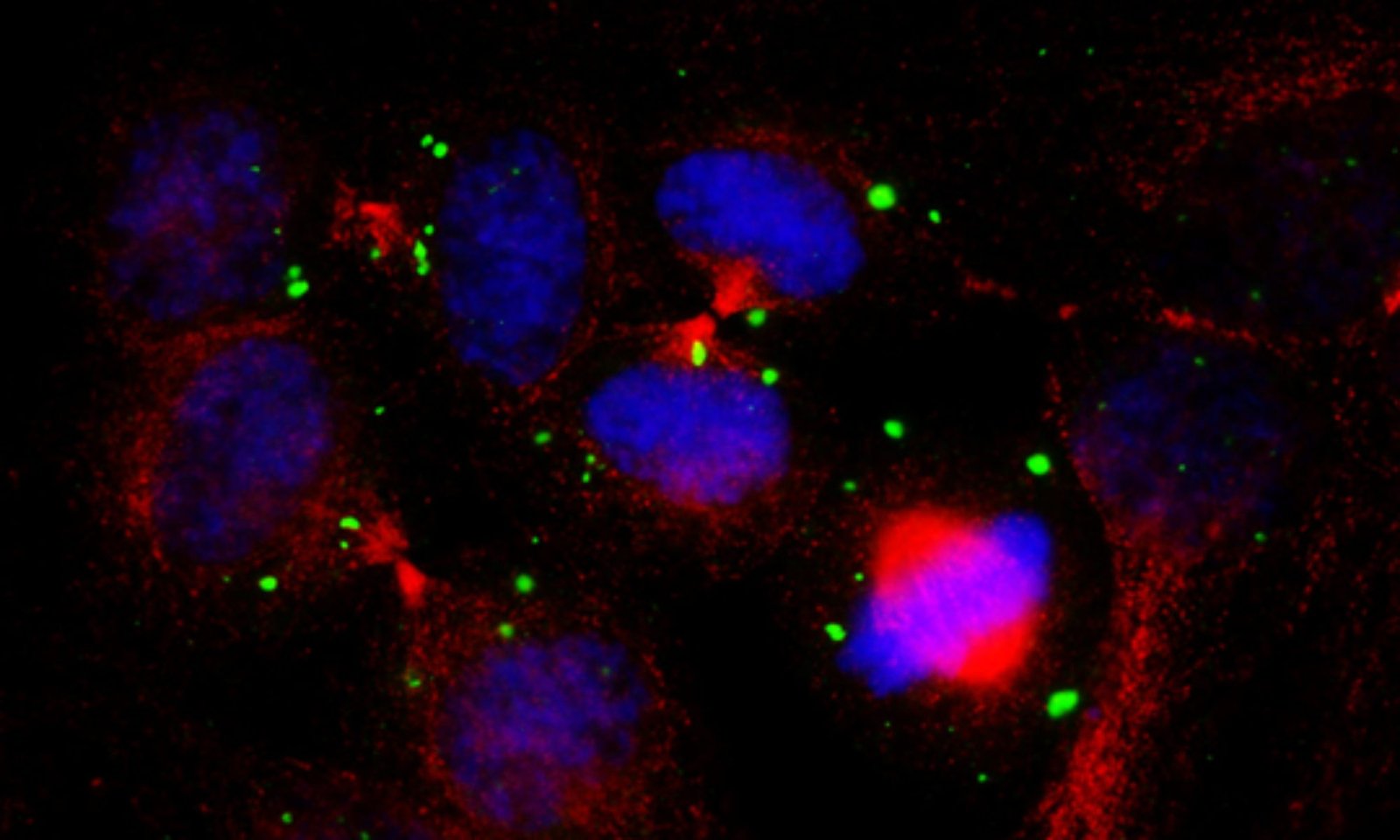Abstract
In a phylogenetic network analysis of 160 complete human severe acute respiratory syndrome coronavirus 2 (SARS-Cov-2) genomes, we find three central variants distinguished by amino acid changes, which we have named A, B, and C, with A being the ancestral type according to the bat outgroup coronavirus. The A and C types are found in significant proportions outside East Asia, that is, in Europeans and Americans. In contrast, the B type is the most common type in East Asia, and its ancestral genome appears not to have spread outside East Asia without first mutating into derived B types, pointing to founder effects or immunological or environmental resistance against this type outside Asia. The network faithfully traces routes of infections for documented coronavirus disease 2019 (COVID-19) cases, indicating that phylogenetic networks can likewise be successfully used to help trace undocumented COVID-19 infection sources, which can then be quarantined to prevent recurrent spread of the disease worldwide.
Phylogenetic network analysis of SARS-CoV-2 genomes https://t.co/pC2ywTPfu0 #Phylogenetic #NetworkAnalysis #SARSCov2 @erlesen @HealthyFellow @PepperPell @ShraboniGhosal @MarcoAlbuja @SmootSienna @VicenteLozadaB @grawoig
— INPST (@_INPST) April 22, 2020
Other social media channels: https://t.co/WO0pc6ZEHH pic.twitter.com/AcPHOSi15y
Why publish with Current Research in Biotechnology? Quality. Speed. Visibility. https://t.co/xj0ri5DgNI #CRBIOTECH #INPST pic.twitter.com/jcIVOavjjf
— Atanas G. Atanasov (@_atanas_) June 26, 2019
The International Natural Product Sciences Taskforce (INPST) maintains up-to-date lists with conferences, grants and funding opportunities, jobs and open positions, and journal special issues with relevance for the area of phytochemistry and food chemistry, pharmacology, biotechnology, medicine and pharmacognosy research, and natural product science.
Join for free INPST as a member

























